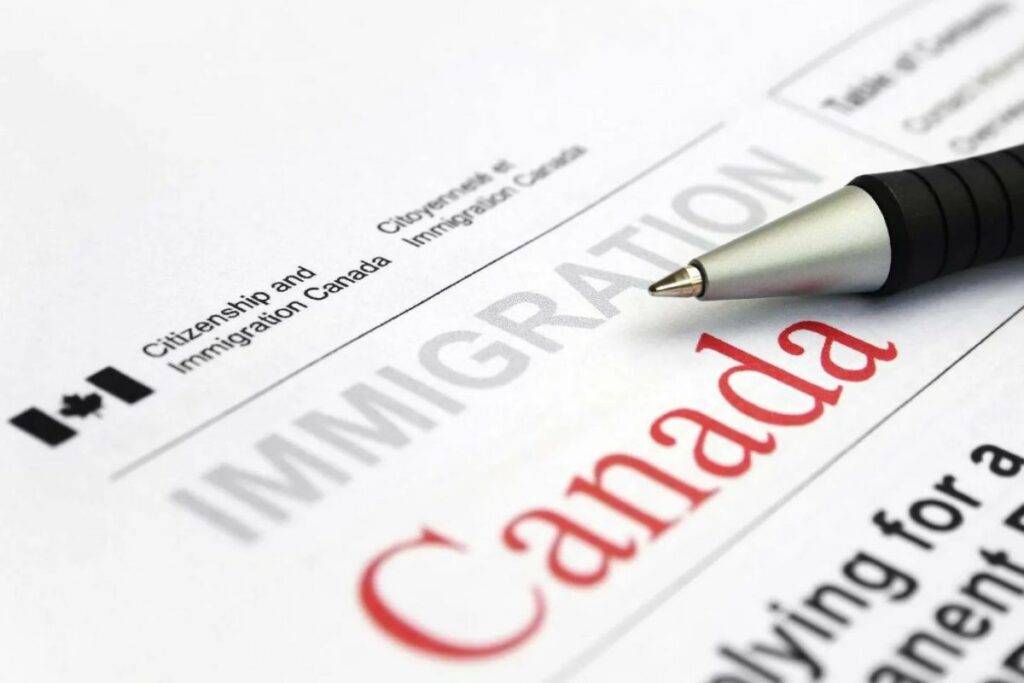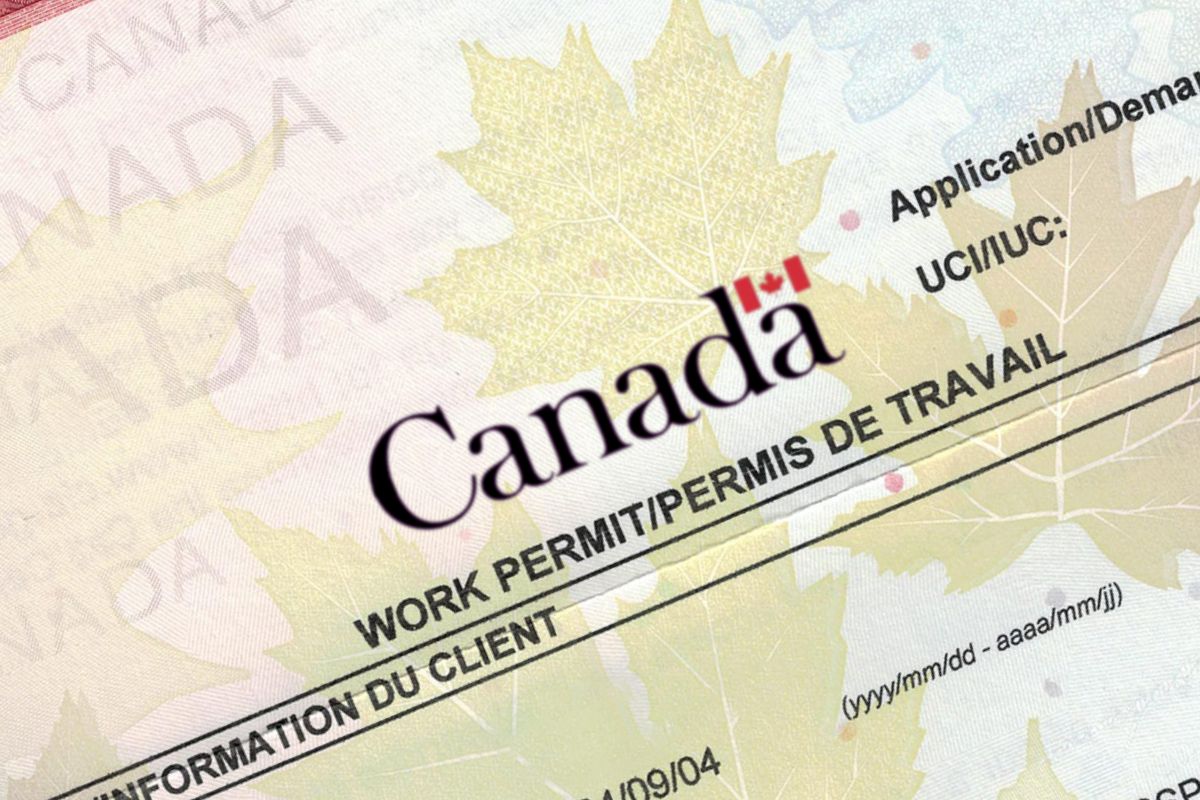Spouses, common-law partners, and conjugal partners of Canadian citizens or permanent residents have the opportunity to obtain an open work permit while their sponsorship application for permanent residence is being processed.
This innovative approach, announced by Immigration, Refugees and Citizenship Canada (IRCC) in May 2023, provides sponsored individuals with the ability to work for almost any employer in Canada, allowing them to support themselves and their families during the application process.
What is a Spousal Open Work Permit?
Spousal open work permits are a valuable tool for spouses, common-law partners, and conjugal partners of Canadian citizens and permanent residents who are waiting for their permanent residence applications to be processed.
By allowing you to work in Canada for any employer, a spousal open work permit can help you to financially support yourself and your family during the application process.
Expanded Eligibility
Spousal open work permits are not limited to Canadian citizens or permanent residents. They are also available to spouses, partners, and dependents of permanent residents, citizens, temporary workers, and students already in Canada.
This marks a significant expansion of eligibility criteria, as open work permits were previously only available to inland sponsorship applicants or those already residing in Canada on a Temporary Residence Visa (TRV).
Swift Processing Times
IRCC’s goal is to process applications submitted through the spousal sponsorship program within 12 months, emphasizing the efficiency of this new initiative.
Understanding Spousal Sponsorship

A-Pillar of Canada’s Immigration System
Spousal sponsorship is a vital component of Canada’s immigration system. Canadian permanent residents have the opportunity to sponsor their spouses, common-law partners, or conjugal partners to obtain Canadian permanent residence.
To do so, they must demonstrate that they are in an authentic relationship that falls within one of the following categories:
- Spouse: Legally married.
- Common-law partner: Living together for at least 12 consecutive months in a marriage-like relationship.
- Conjugal partner: Committed to a relationship for at least 12 months but faced significant obstacles to residing together (e.g., cultural, religious, or immigration barriers).
Sponsorship Commitment
Sponsoring a spouse or partner includes a commitment to provide financial support to the sponsored person, including any dependent children. Sponsors are required to sign an undertaking to provide for the basic needs of the sponsored person, which encompass:
- Housing, including utility bills.
- Food and personal hygiene products.
- Clothing and daily living necessities.
- Medical expenses not covered by public health insurance, such as dental and eye care.
The sponsorship undertaking lasts for three years from the day the sponsored person becomes a permanent resident.
Eligibility for Spousal Open Work Permits
Key Criteria for Consideration
To be eligible for a spousal open work permit, candidates must meet specific criteria:
1. Principal Applicant: Submit a permanent residence application under the Spouse or Common-Law Partner in Canada Class, or as a spouse, common-law, or conjugal partner under the family class, which has been accepted for processing by IRCC after a completeness check and not refused or withdrawn.
2. Duration of Work Permit: Request a work permit with a maximum duration of two years.
3. Sponsorship Application: Be the subject of a sponsorship application submitted by their Canadian citizen or permanent resident spouse, common-law, or conjugal partner.
4. Residential Address: Have the same residential address as their sponsor in Canada at the time of the application.
5. Temporary Resident Status: Maintain a valid temporary resident status in Canada or be eligible for and have applied for the restoration of their status.
Both the applicant and the sponsor must meet all eligibility requirements under the spousal or common-law partner sponsorship.
Benefits of a Spousal Open Work Permit
The main benefit of a spousal open work permit is that it allows you to work in Canada for any employer while your permanent residence application is being processed. This means that you can financially support yourself and your family during the application process.
Canada’s Commitment to Family Reunification
Enhancing Family Reunification Measures
The introduction of open work permits for outland spousal sponsorship in May was part of a broader effort by IRCC to support family reunification, including:
- Faster temporary resident visa (TRV) processing times for spousal applicants.
- New and dedicated processing tools for spousal TRV applicants.
- Open work permit extensions for open work permit holders expire between August 1st and the end of 2023.
Former Immigration Minister Sean Fraser emphasized IRCC’s commitment to reuniting families efficiently, enabling them to work and support themselves in Canada. He highlighted that by doing so, Canada is not only helping newcomers achieve their potential but also strengthening the country’s economy.
Conclusion
A spousal open work permit can be a valuable tool for spouses, common-law partners, and conjugal partners of Canadian citizens and permanent residents who are waiting for their permanent residence applications to be processed. If you are eligible for a spousal open work permit, I encourage you to apply.
Follow and connect with us on Facebook, Twitter, LinkedIn, Instagram and Google News for the latest travel news and updates!





